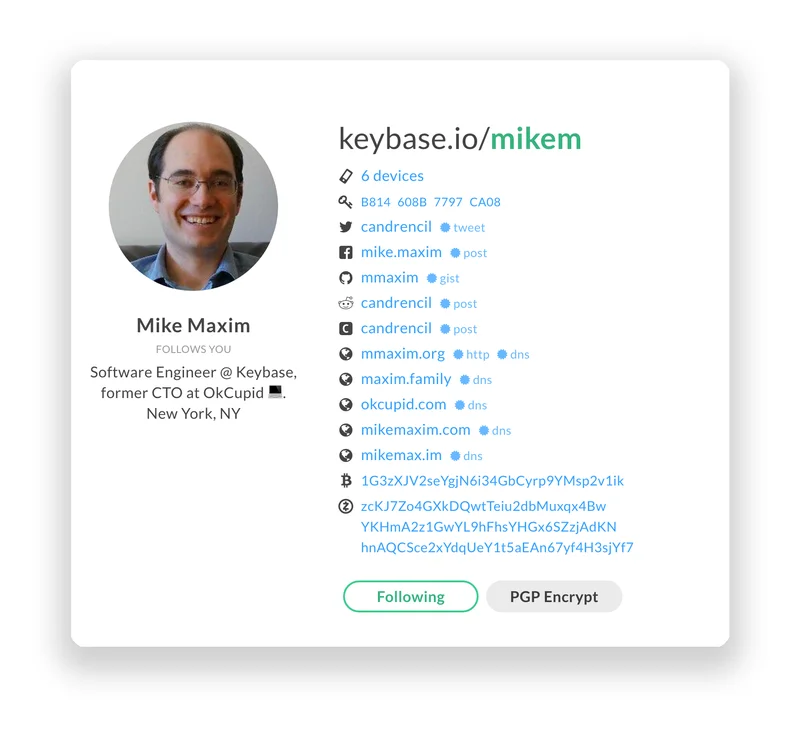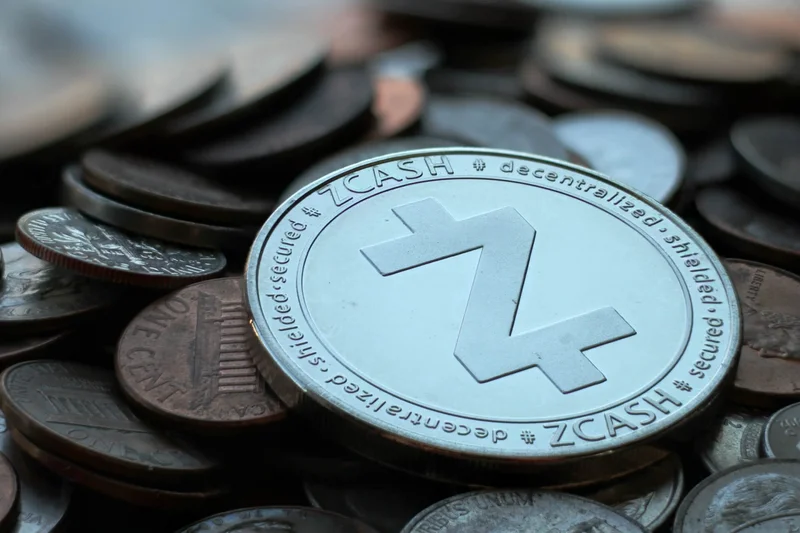Article Directory
Title: Zcash's Privacy Surge: A Last Stand or a False Dawn?
The Curious Case of Zcash
Zcash, a privacy-focused cryptocurrency, has been on a tear. Up tenfold in five weeks, a 33% surge on a single Friday, briefly hitting levels not seen since January 2018. (That's nearly $735, for those keeping score.) The question isn't whether it's happening, but why, and whether this rally has legs.
The stated reason? Growing anxieties about Bitcoin's privacy and decentralization, coupled with the increasingly cozy relationship between Bitcoin and TradFi. Zcash offers "shielded" transactions, a concept that's been gaining traction as the walls between crypto and traditional finance blur. Galaxy Digital calls it a "spiritual successor" to Bitcoin, appealing to cypherpunk principles.
But let's pump the brakes. A "spiritual successor" with a market cap of $11 billion versus Bitcoin's $2 trillion? That's a David and Goliath story where David is armed with a slingshot and a handful of pebbles. The narrative is compelling, but the scale is completely different. We're talking about a niche asset experiencing a concentrated burst of interest.
The Miner's Canary
One interesting data point: the Zcash Puell Multiple just hit an all-time high. This metric, which tracks miner profitability, suggests miners are doing very well. (Think of it as the canary in the coal mine for Zcash.) A rising hash rate also indicates miners are devoting more resources to the network.
This could signal strong network fundamentals, that the price growth isn't just speculation. But here's where I get skeptical. Miners are incentivized by profit. If the price is surging due to speculative fervor, they'll ramp up operations to capitalize on it. The increased hash rate and Puell Multiple could be a result of the price surge, not necessarily a cause of long-term sustainability. It's a classic correlation/causation problem.

And this is the part of the report that I find genuinely puzzling. Are miners truly bullish on the long-term prospects of Zcash, or are they simply riding the wave? The data doesn't tell us their intent, only their actions.
Adding fuel to the fire was the sentencing of Keonne Rodriguez, a developer of the Bitcoin privacy app Samourai Wallet, to five years in prison. The maximum possible sentence. This decision, criticized by crypto advocates, may have spooked some Bitcoin users into seeking more robust privacy solutions. Zcash, with its focus on anonymity, became a logical beneficiary.
But let's be real: a single legal case, however controversial, isn't enough to fundamentally alter the landscape of cryptocurrency. It might trigger a short-term flight to privacy coins, but long-term adoption requires more than just fear. It requires genuine utility and ease of use.
Zcash has soared roughly 1,500% in the past year. To be precise, it's closer to 1,019% year-to-date. Either way, it's a remarkable run. But the question remains: is this a sustainable shift, or a temporary blip driven by fear and speculation? Privacy Coin Zcash Continues Historic Surge, Nearing 8-Year High Price
Privacy's Promise, Reality's Check
Zcash's surge is a fascinating case study in the power of narrative and the allure of privacy in an increasingly surveilled world. But narratives can be deceiving. The data, while impressive, doesn't definitively prove a fundamental shift in the market. It's a reminder that even in the world of decentralized finance, human psychology—fear, greed, and the desire for privacy—still plays a dominant role.
Is This Just a Hype Cycle?
The data is compelling, but I'm not convinced this is a new paradigm. Zcash might be a good trade, but it's not a replacement for Bitcoin. Not yet, anyway.




